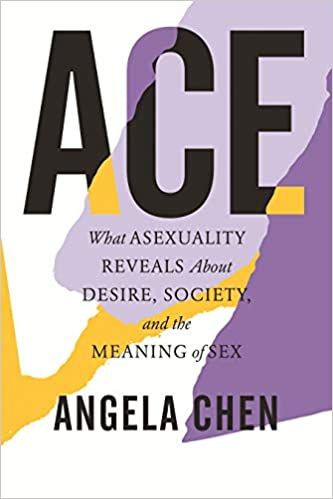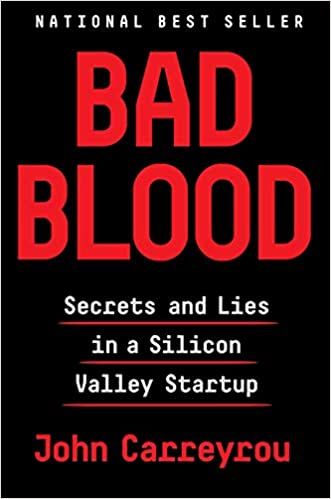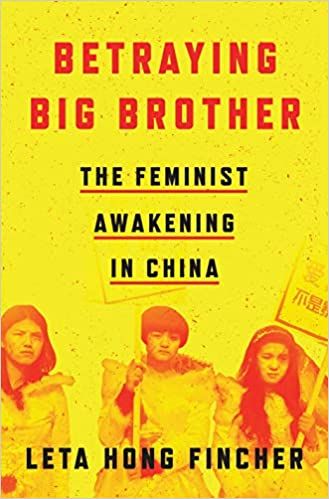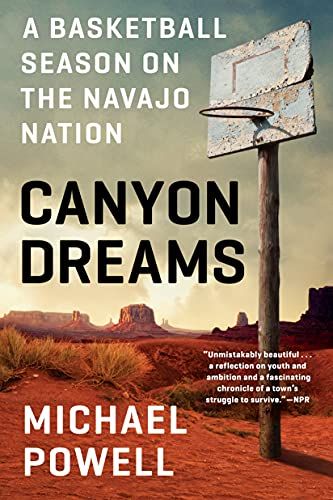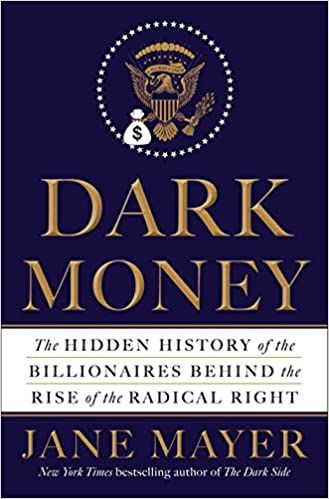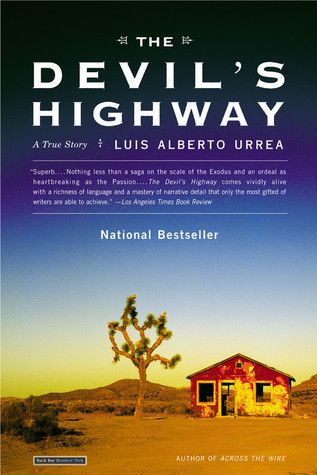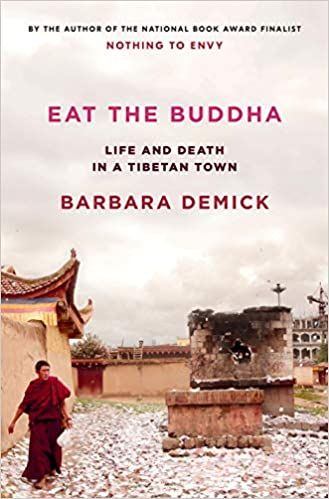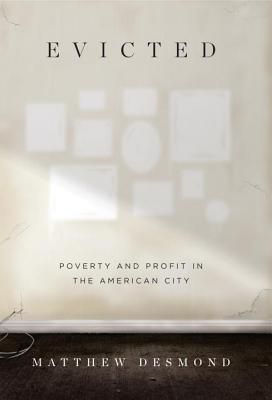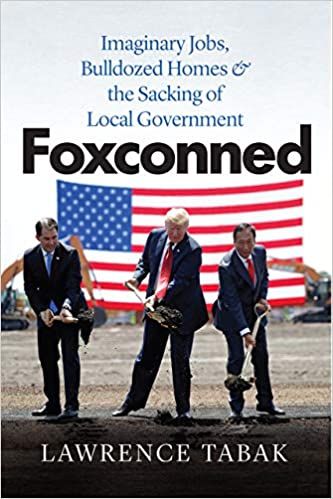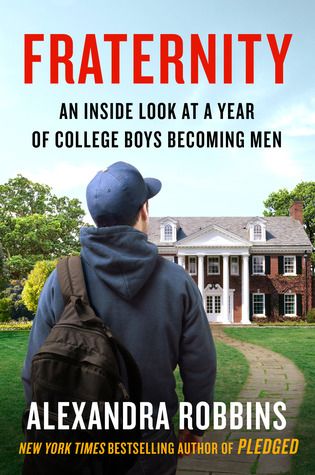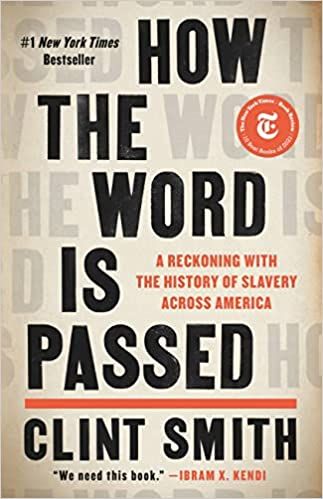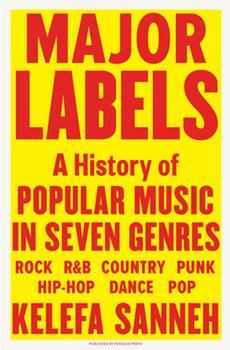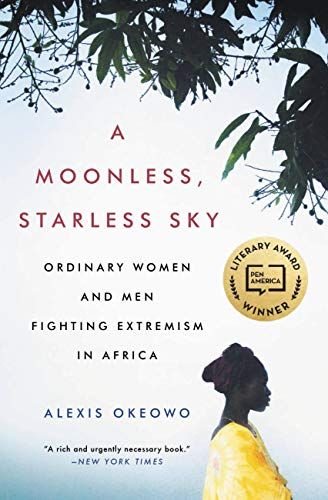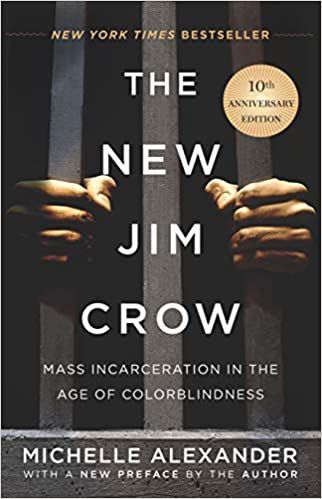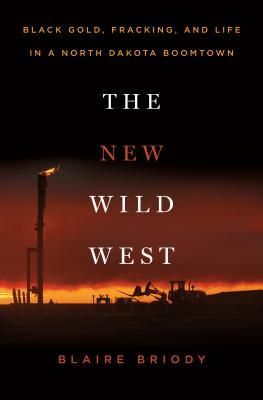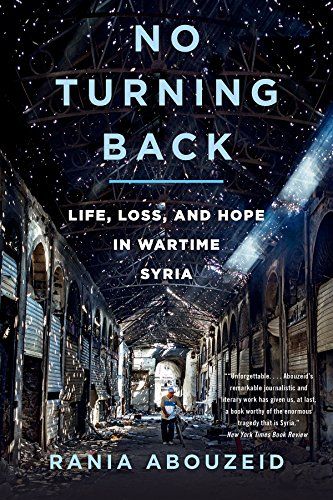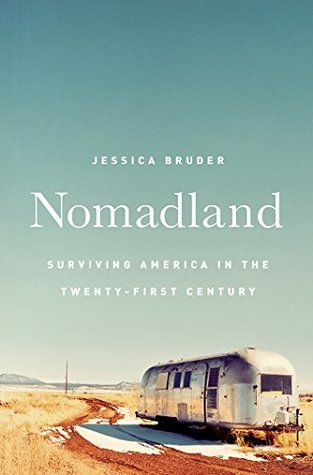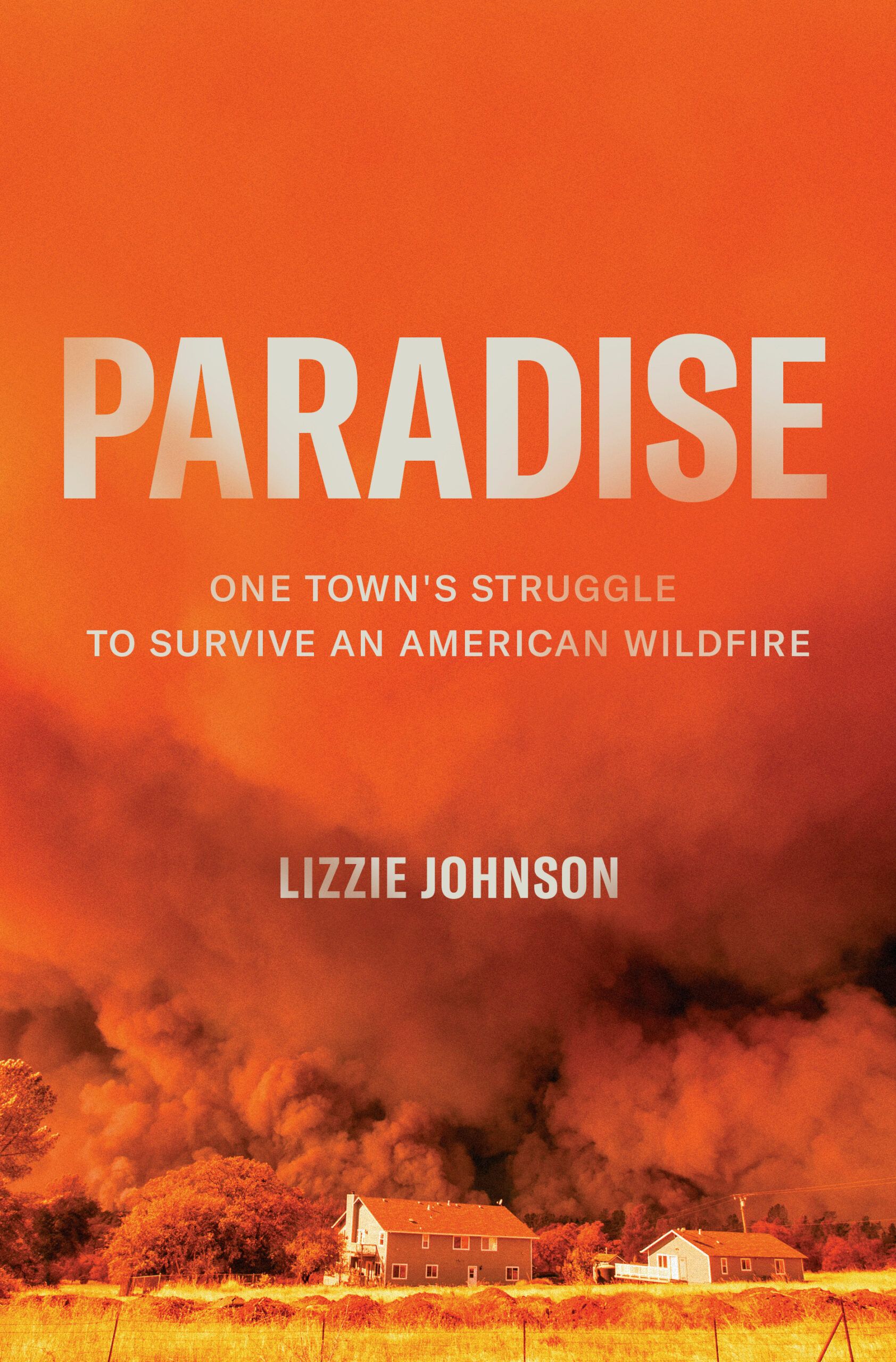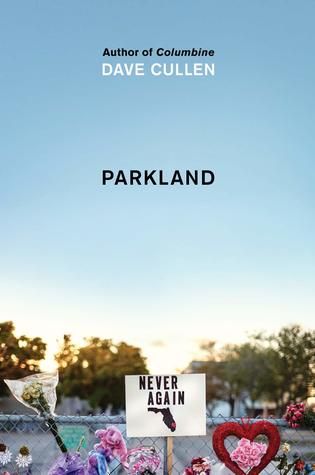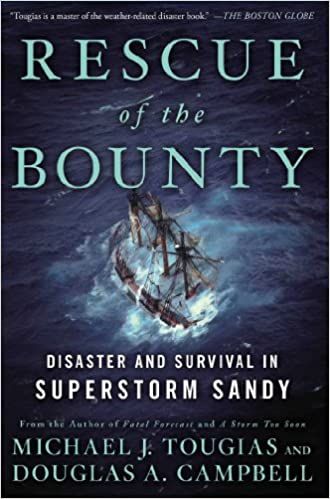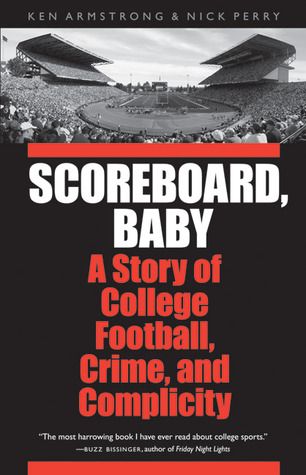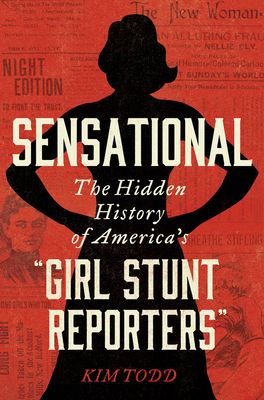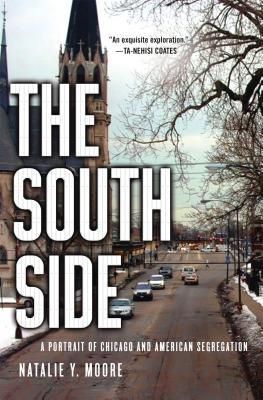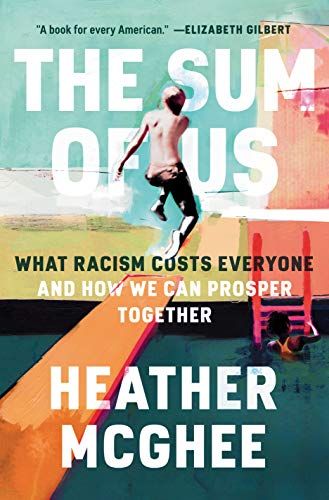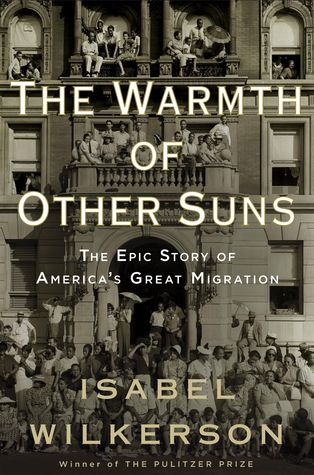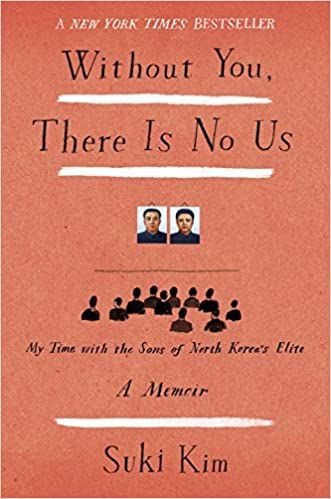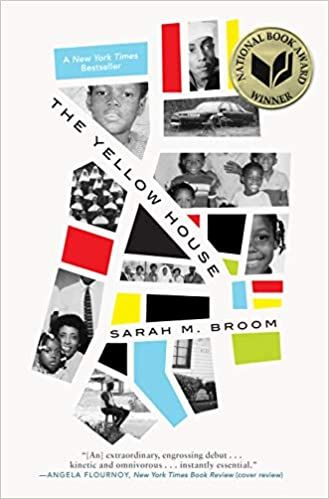Narrative journalism can too often be eschewed by readers as “it could have been an article,” particularly for those stories of smaller, more singular events. And while it’s true many of these books could be articles, that defeats the entire purpose. Journalistic nonfiction is slow journalism, meant to explore all of the intersections of a story, including cultural, historical, social, corporate, and other interests that led to that particular moment and particular series of incidents. One of the most well known works of narrative journalism, and indeed, one that many attribute to beginning the genre of nonfiction, is Truman Capote’s In Cold Blood. In it, we get the in-depth story of a true crime in Holcomb, Kansas, wherein the Clutter family was killed. Readers learn about the town, about the family, about the night of the crime and all of the sensory details possible surrounding it, along with the investigation into the criminals. Some may say that Capote took a lot of liberties in being objective, but no news is objective — it’s always colored with the writer’s perspective, and indeed, for writers who fall outside of the white, straight western norms, narrative journalism is a place where boundaries are being broken, destructed, and built into something entirely new. Where Capote offered his voice in In Cold Blood, what authors of color are doing in their longform journalism is different. They’re often using memoir or personal insight to frame the journalism, and though it offers as much insight as “objective” journalistic nonfiction, too often it’s downplayed as “not serious of work,” when it is in fact the most serious of work. Narrative journalism has been booming in the last decade, and interest in reading journalistic nonfiction has only increased. Part of that could be attributed to the need to understand our world as it is right now with insight from the past, and part of it could be that we’re also in a golden age for narrative journalism on podcasts. Take You’re Wrong About, for example: the podcast digs into topics that became hot in the media and in popular culture and offers the actual facts about what led to them. This is precisely what narrative journalism does. An article could get the job done, but it wouldn’t be able to be as thorough nor as captivating nor as able to really take advantage of every resource, reference, and source possible. This roundup of outstanding narrative journalism doesn’t include some of the well-known and heavy hitters of the genre, including Jonathan Krakauer or Barbara Ehrenreich. Rather, it strives to balance more established voices with those that are often underrepresented or perceived as memoirists, as opposed to journalists (it will be of no surprise most of those are authors of the global majority). This isn’t a comprehensive look at narrative journalism but a means of offering a wide swath of the types of stories, voices, and perspectives that such writing includes. It includes recent titles, as well as some backlist gems that both laid the foundations for this genre and which remain current and relevant today. If you’re a fan of podcasts like You’re Wrong About or other journalism-focused shows, I highly recommend trying out any of these books that appeal to you on audio. They translate particularly well, and for readers who may not always gravitate toward audio, these make a nice place to begin.
Must-Read Journalistic Nonfiction
For more fantastic nonfiction, read your way into the titles included on this look at literary nonfiction, the works among the 50 best nonfiction books of the last 100 years, and the best nonfiction books of the last decade. Though it’s not from the perspective of a Navajo writer, Powell spent time on the reservation and worked hard to bring as many of those voices to the story as possible. Pairing this book with Janesville by Amy Goldstein would be especially powerful, as Janesville, Wisconsin, is a large community roughly an hour from Milwaukee and much of what Desmond highlights resonates there as well. Briody’s book is the true story. This is a fascinating look at the stories behind the folks who moved to Williston, North Dakota during the big boom and how they survived in a town that wasn’t ready for the population explosion.The book focuses on the stories of locals and a small-town culture too often unseen, including those who now face being unhoused thanks to corporate greed and the oil business. Pair it with Yun’s novel, as well as Nomadland (below). This book was published in 2017, and hopefully Briody will revisit Williston soon and offer insight into what it looks like there as the boom has started to cool. The last section of the book was especially good, as it explores how men have been the “leaders” in so many arenas of writing and yet…they’re only able to be seen that way because of how women’s work doing the same thing has always been called something lesser. McGhee, who is an economist, takes this deeper, exploring the ways racism has been embedded in our policies and economy and how it particularly impacts people of color. But with racism so deeply tied into these systems — developed through and by these systems — even white people lose. The book is about the zero-sum game and the power of what happens when people work together toward a common and collective good, as opposed to against one another. This book looks at the last six months of Kim Jong-il‘s rule in North Korea and what it was like for Suki to teach English to the sons of the country’s ruling class during that time. A look at the country’s political history and contemporary realities through the perspective of a person with a first class seat to it.
